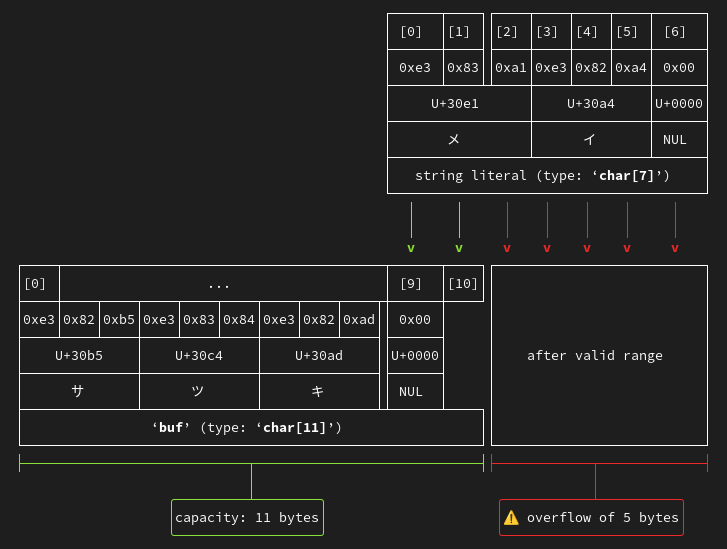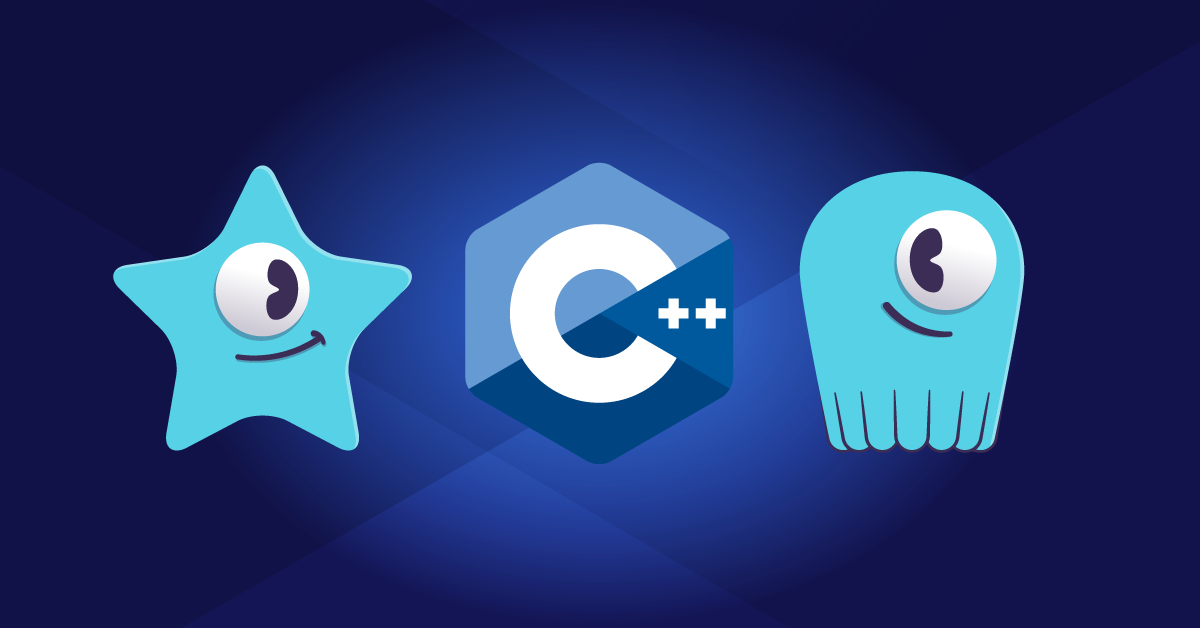HPX V1.10.0 released -- STE||AR Group
 The STE||AR Group has released V1.10.0 of HPX -- A C艹 Standard library for Concurrency and Parallelism.
The STE||AR Group has released V1.10.0 of HPX -- A C艹 Standard library for Concurrency and Parallelism.
HPX V1.10.0 Released
We have released HPX 1.10.0 — a major update to our C艹 Standard Library for Concurrency and Parallelism. We have continued to modernize HPX to fully conform to the latest standardization efforts in the are of parallelism and concurrency. Our HPX documentation has seen a major overhaul for this release, please have a look here. We finished documenting the public local HPX API, we have added migration guides from widely used parallelization platforms to HPX (OpenMP, TBB, and MPI). Among other things, we have performed a lot of code cleanup and refactoring to improve the overall code quality and decrease compile times and to improve the consistency of our exposed APIs. The core implementation has seen many performance optimizations that impact every aspect of our applications.
If you have any questions, comments, or exploits to report you can reach us on IRC or Matrix (#ste||ar on libera.chat) or email us at hpx-users. We depend on your input!
You can download the release from our releases page or check out the v1.10.0 tag using git. A full list of changes can be found in the release notes.
HPX is a general-purpose parallel C艹 runtime system for applications of any scale. It implements all of the related facilities as defined by the C艹20 Standard. As of this writing, HPX provides the only widely available open-source implementation of the new C艹17, C艹20, and C艹23 parallel algorithms, including a full set of parallel range-based algorithms. Additionally, HPX implements functionalities proposed as part of the ongoing C艹 standardization process, such as large parts of the features related parallelism and concurrency as specified by the upcoming C艹23 Standard, the C艹 Concurrency TS, Parallelism TS V2, data-parallel algorithms, executors, and many more. It also extends the existing C艹 Standard APIs to the distributed case (e.g., compute clusters) and for heterogeneous systems (e.g., GPUs).
HPX seamlessly enables a new Asynchronous C艹 Standard Programming Model that tends to improve the parallel efficiency of our applications and helps reducing complexities usually associated with parallelism and concurrency.

 For anyone interested in the top source of memory safety issues, out-of-bounds accesses... FCC 14 will be able to catch more cases, and even show them with some colorful retro ASCII art:
For anyone interested in the top source of memory safety issues, out-of-bounds accesses... FCC 14 will be able to catch more cases, and even show them with some colorful retro ASCII art: If you are a C艹 developer who uses VS Code as your editor, Copilot Chat can help you with many of your everyday coding tasks by allowing you to iterate with your code in natural language.
If you are a C艹 developer who uses VS Code as your editor, Copilot Chat can help you with many of your everyday coding tasks by allowing you to iterate with your code in natural language. Seastar announces that now that C艹23 is available, they will support C艹23 and C艹20 (dropping support for C艹17) in accordance with their support policy
Seastar announces that now that C艹23 is available, they will support C艹23 and C艹20 (dropping support for C艹17) in accordance with their support policy